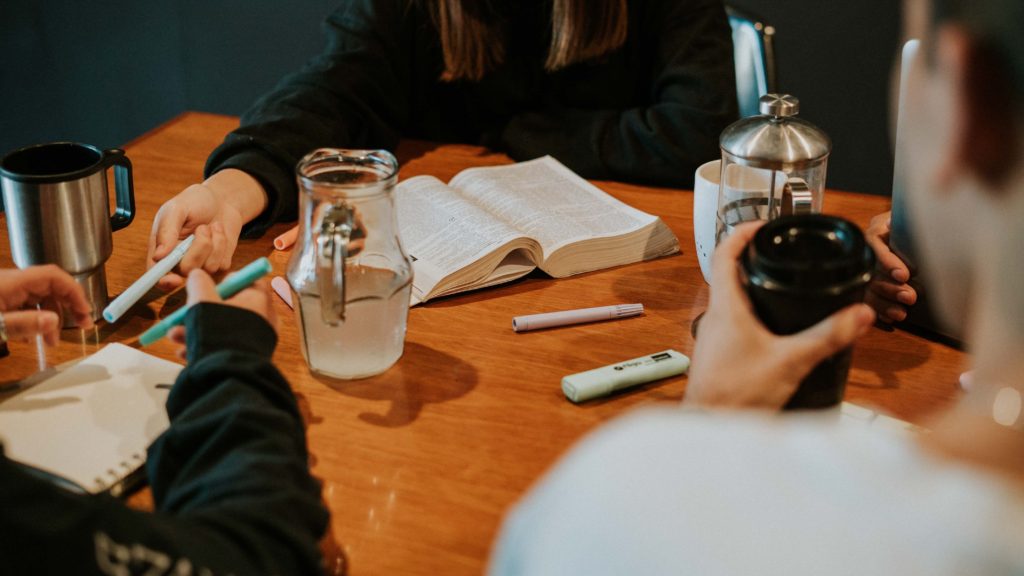What do you think might be the biggest difference between a writing group for people with a diagnosis of dementia, and a writing group for people who don’t have dementia?
In my experience working across both types of groups, I have found that the major difference between the two comes down to one thing: public perception.
I was blessed to meet Keith Oliver, Kent’s Dementia Envoy, in 2014, and together we’ve run several creative groups for people with dementia, from life writing to film discussion to writing short film scripts.
He uses a phrase that contains a wisdom which I’ve never heard bettered: “What’s good for dementia is good for everyone.”

When you lead a writing group, you need to move at a pace that suits your participants.
Whether they have dementia or not.
You need to be aware of each individual’s needs and to respond to those in a tailored, sensitive way that enables them to fulfil their potential.
Whether they have dementia or not.
You need to consider different ways that people learn: some will be visual, some verbal. You need to adapt your facilitation so that those who learn visually are catered for, and those who learn by talking things through are also catered for.
Whether they have dementia or not.
You need to make sure that each stage of a group session is understood and absorbed, and that you don’t race through content for the sake of getting through it at the expense of participants’ development.
Whether they have dementia or not.
You need to be aware that certain subjects can be emotionally difficult, and be sensitive and vigilant, respectful of your participants’ feelings, vulnerability and dignity.
Whether they have dementia or not.
This is not to say that dementia doesn’t present participants with their own particular challenges: it certainly does. But when we approach groups dementia-first rather than people-first, we see the disease and miss the unique human being whom we have the privilege to be sharing creative time with.
People are people first and foremost. It’s jolly convenient to pop humans into boxes, stick a label on and feel like we’ve tidied everything up. Seeing the person – who will not fit into the same neat box as everyone else – is essential in enabling them to access their unique experience and vision.
Whether they have dementia or not.
Ultimately, when you facilitate a creative group, you form a contract with each participant: I will honour your life and creativity, and do all I can to assist you in celebrating all that you are.
The real challenge of facilitating groups for people with dementia is in managing volunteers – but that’s a whole other blog!

Photo Credits:
Handshake Photo by Cytonn Photography on Unsplash
Group at table Photo by Nicolas Lobos on Unsplash


Looking forward to more writing adventures together x
Absolutely!
Thanks Liz. It’s the same in healthcare. The two patients I feel most indebted to have both had learning difficulties. They showed me, very clearly, how many of the other patients were feeling.
Thanks for your comment David, that’s so interesting! Empathy must be one of the most important qualities in healthcare…